How artificial intelligence will transform your smartphone
T3 dusts off its crystal ball to peer into the future.

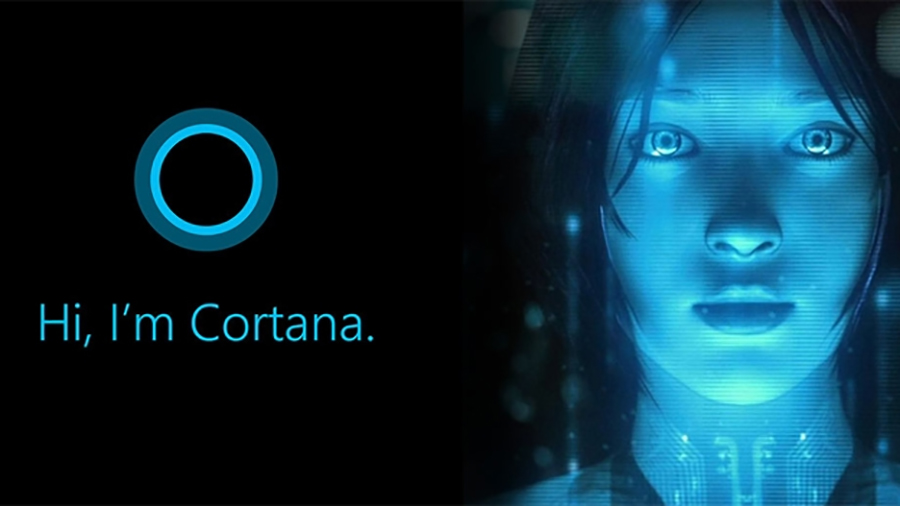
Get all the latest news, reviews, deals and buying guides on gorgeous tech, home and active products from the T3 experts
You are now subscribed
Your newsletter sign-up was successful
Just about the only real innovation happening in phones right now surrounds smart digital assistants - the likes of Google Now, Siri and Cortana - who gather up as much information about us as they can and then try and predict what it is we need next.
And amidst all the talk of new cameras and extra storage, it's likely that the artificial intelligence powering our mobile phones is going to make the biggest impact on our lives in the years ahead. Here's what we can imagine coming in the not-too-distant future...
AI and the apps you need
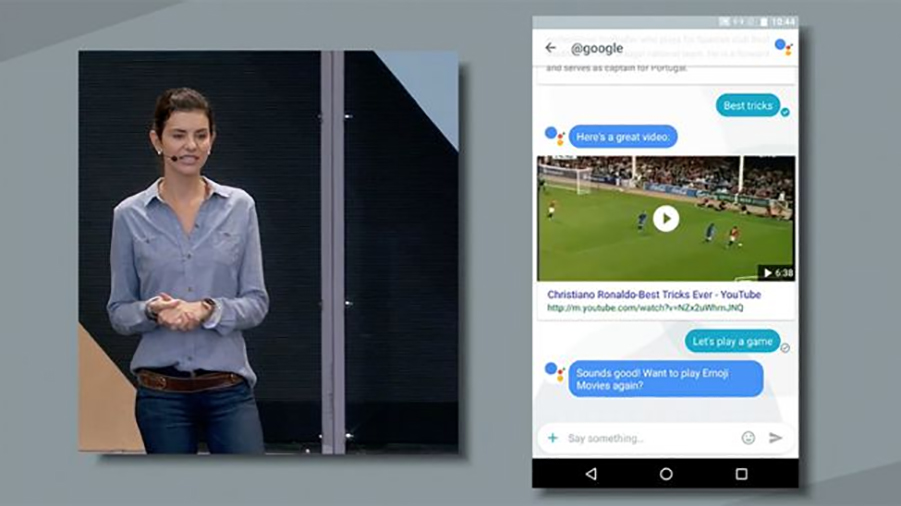
We're already seeing basic versions of this on some phones, where your most-used apps appear at the top of the screen, but imagine that idea made much more intelligent: a phone that knows you so well, it launches Instagram before you're able to tap the icon.
In the future there's no reason why Google Now couldn't use what it knows about you, how you use your phone, and past behaviour to work out when you're going to call home, or launch a maps app, or even take a photo (if you're near a famous landmark, say).
There would be no need for an app drawer and no need to meticulously arrange your home screens, because every time you unlocked your phone, the app you were thinking about (plus some useful context-aware information) would be displayed on the display.
AI and where you're going
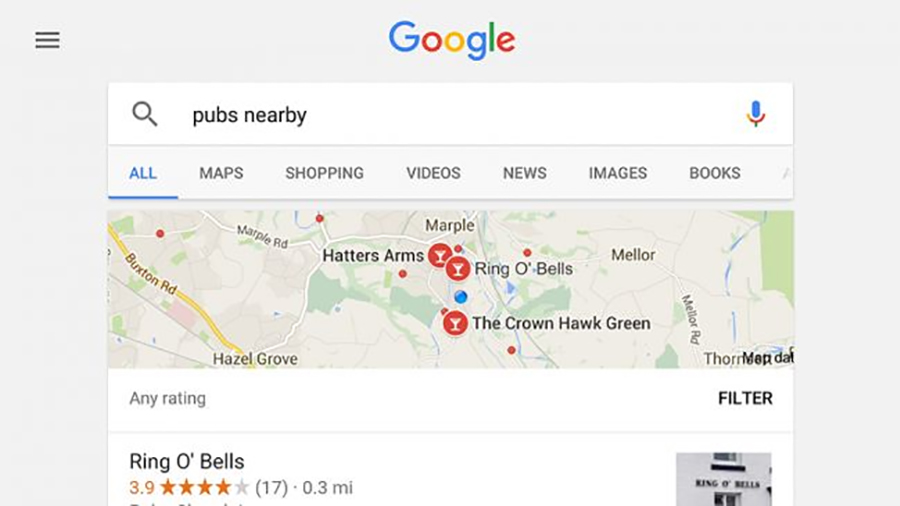
Again, this is something we're starting to see already - the existing versions of Apple Maps and Google Maps can predict whereabouts you want to head next (based on past habits and recent searches), but it's just a taste of how clever they might get in the years ahead.
What if Google knows your brother is in London and knows you're arranged to meet him tonight? Your route could be ready and waiting, together with optional stop-offs for those snacks you like. This isn't all that difficult to do if Google has all the information it needs.
Get all the latest news, reviews, deals and buying guides on gorgeous tech, home and active products from the T3 experts
A system truly reliant on artificial intelligence would make decisions for you, like which routes you prefer (scenic or direct), your attitude towards sitting in traffic (and whether to reroute around roadworks), or maybe the type of public transport you prefer to use.
AI and a digital companion
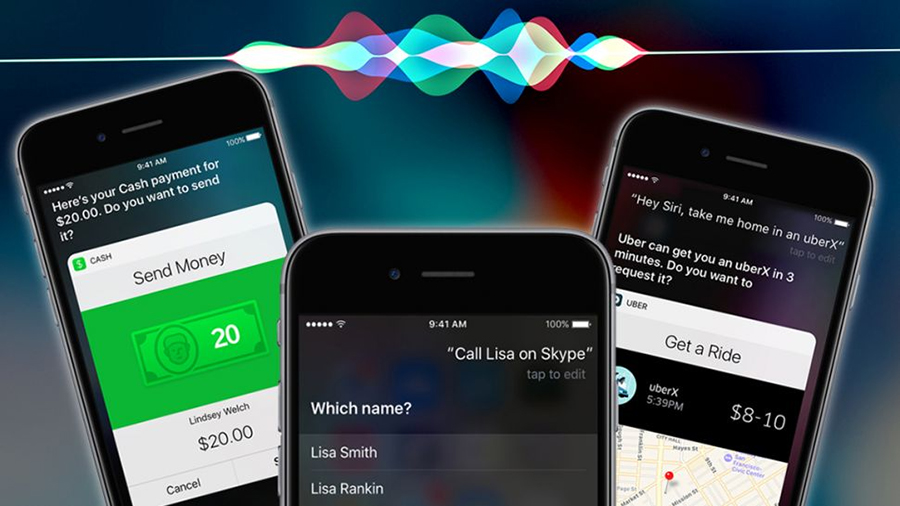
Another area where you can expect AI to make big strides forward in the near future is in the way Cortana, Siri and Google Now become more 'human' in the way they talk, act and behave. Think Scarlett Johansson in the movie Her and you're not far off the mark.
Digital assistants won't just be able to organise our days for us, they'll become friends who celebrate happy occasions and go through the bad times with us. Feeling under stress at work this week? Cortana knows just what to say and the right music to play afterwards...
It may sound freaky to think of your phone becoming one of your best friends but this is undoubtedly the way AI is heading - providing companionship and support as well as doing all the nuts and bolts jobs of the job of a smart assistant that we've come to expect.
AI and real personal assistants
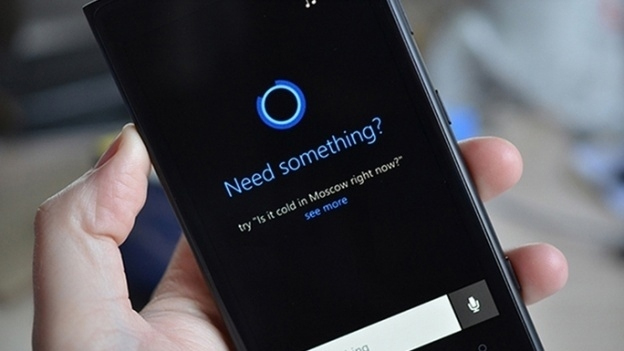
Think about how software programs Siri, Cortana and Google Now currently differ from real life personal assistants. In the future, that gap could be made up by AI, so these apps might be able to book flights for you or order shopping with minimal input from you.
It may seem a little scary to have an AI app in your phone making restaurant bookings on your behalf but eventually it won't be any different to telling a PA or close friend to do it - in fact, the smart app could well be better at the job, and will certainly never clock off.
And really it's to be welcomed: who would want to spend hours comparing gas energy prices when a smart assistant could do it for you? Your personal assistant app could even whizz through a few emails for you, something we're already seeing with smart replies.
AI and the format of the phone
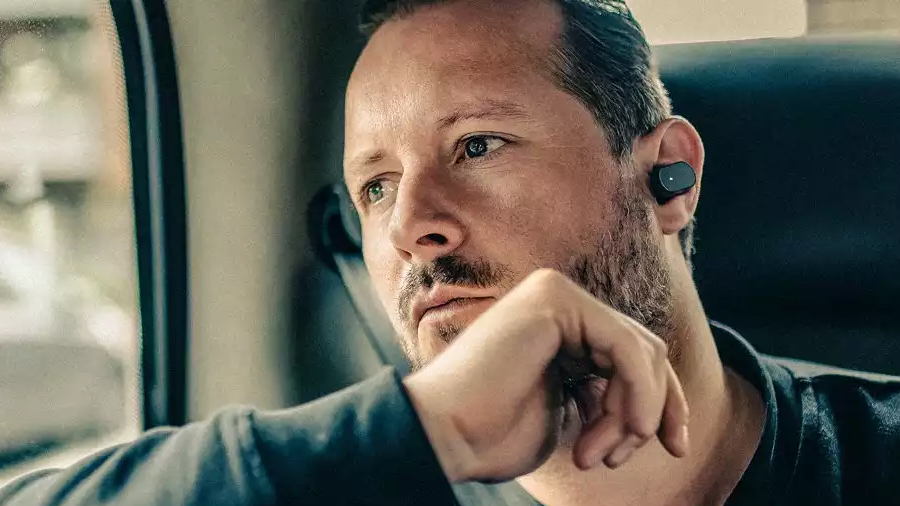
If Google, Apple, Microsoft and the others succeed in making their digital assistant apps as clever as they can be, then a slab of glass isn't quite so necessary - you don't need to wade through menus and apps, because what you need is already brought to the front for you.
Take a look at Sony's Xperia Ear or even the new AirPods from Apple, which let you tap into your own personal assistant from an earpiece. Okay, they look pretty geeky now, but the same technology could be built into slim headphones or even an invisible implant.
If we can get at everything we need with a few spoken commands then there's no point carrying around a bulky smartphone all the time. Mobiles could well become smaller or perhaps disappear completely once artificial intelligence has reached a certain level.
Dave has over 20 years' experience in the tech journalism industry, covering hardware and software across mobile, computing, smart home, home entertainment, wearables, gaming and the web – you can find his writing online, in print, and even in the occasional scientific paper, across major tech titles like T3, TechRadar, Gizmodo and Wired. Outside of work, he enjoys long walks in the countryside, skiing down mountains, watching football matches (as long as his team is winning) and keeping up with the latest movies.
